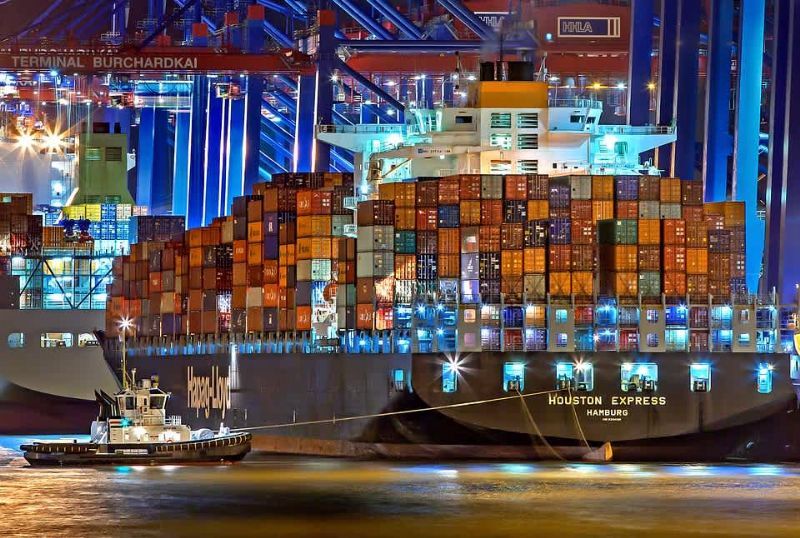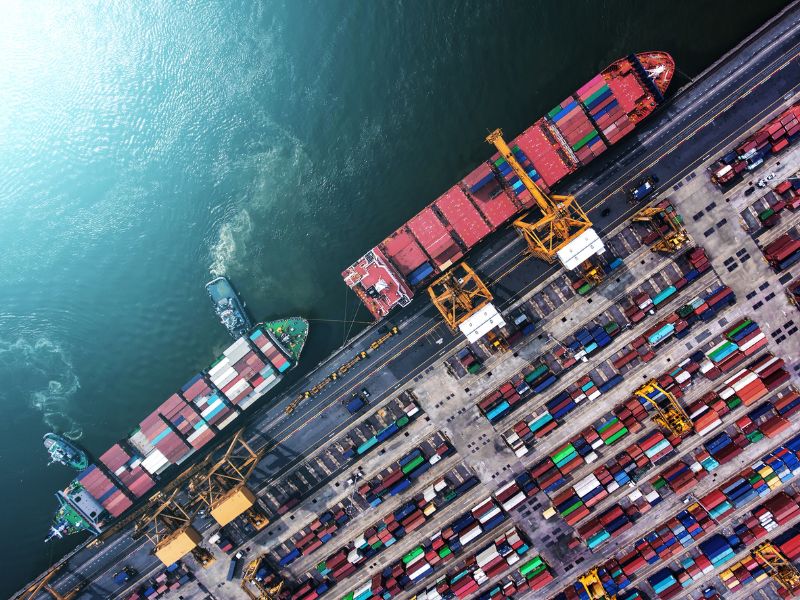
New research by the British Chamber of Commerce released today uncovered the scale of the impact on UK businesses caused by the disruption to shipping in the Red Sea. While some economics organizations have said they expected the impact to level off, the private UK organization representing a broad range of businesses is warning of the widespread consequences, especially in sectors such as retailing. This follows a similar warning earlier in the month from EuroCommerce which represents the European retail and wholesale sector.
Almost two-fifths (37 percent) of more than 1,000 firms surveyed by the BCC said they had been impacted – with exporters, manufacturers, and B2C businesses (which include retailers and wholesalers) far more likely to report an impact. More than half (55 percent) of UK exporters and (53 percent) of manufacturers and business-to-consumer service firms (such as retailers) say they have been impacted by disruption to shipping in the Red Sea.
The issues cited by firms included increased costs, with some reporting rises of 300 percent for container hire, and logistical delays, adding up to three to four weeks to delivery times. Firms also said this was creating further effects such as cashflow difficulties and component shortages on production lines.
“There has been spare capacity in the shipping freight industry to respond to the difficulties, which has bought us some time,” said William Bain, Head of Trade Policy at the BCC. “But our research suggests that the longer the current situation persists, the more likely it is that the cost pressures will start to build.”
The group highlights that the UK economy saw a drop in its total exports for 2023, and with global demand weak, they believe there is a need for the Government to be more involved. “We are calling for the establishment of an Exports Council to hone the UK’s trade strategy and a review of the effectiveness of government funding for export support,” said Bain.
EuroCommerce, which represents the European retail and wholesale sectors, expressed “deep concern” over the Red Sea situation in a February 16 letter to the EU Minister for Foreign Affairs, Foreign Trade, and Development Cooperation Hadja Lahbib.
The group reported “significant consequences,” citing the rerouting of more than $80 billion in cargo around the Cape of Good Hope. They highlighted an additional two to three weeks of travel time, and substantial cost increases due to fuel, insurance, and labor, while saying it was also triggering a new wave of port congestion, equipment shortages, and soaring shipping rates.
“The ripple effects in cost and capacity issues for business that depend upon safe and secure maritime commerce are immense,” EuroCommerce wrote to the minister. “Furthermore,” they warned, “this route will become even more challenging during the Southern Hemisphere winter months.”
The Western Allies undertook a new round of strikes over the weekend, the fourth since the security efforts began, in an effort to degrade the Houthis’ ability to attack shipping. At the same time, the EU continues to scale up its efforts with Greece becoming the latest member to approve participation in the action. The militants have threatened to escalate their attacks, but on Monday, the UK Maritime Trade Organizations reported it received no reports of actions aimed at shipping, yet ships continue to avoid the Red Sea due to security uncertainties.



We use cookies to improve your experience. By continuing to use our site, you accept our Cookies, Privacy Policy,Terms and Conditions. Close X